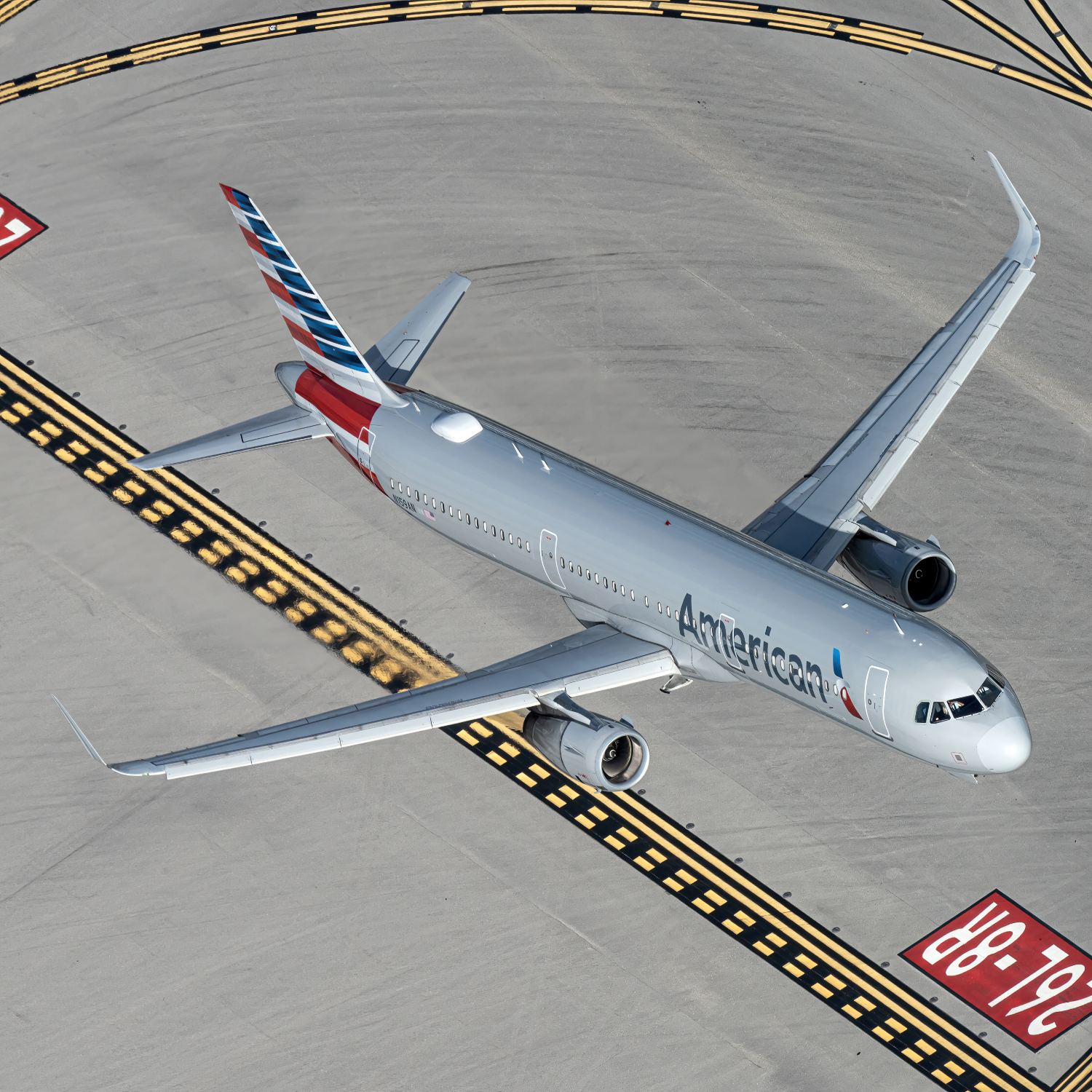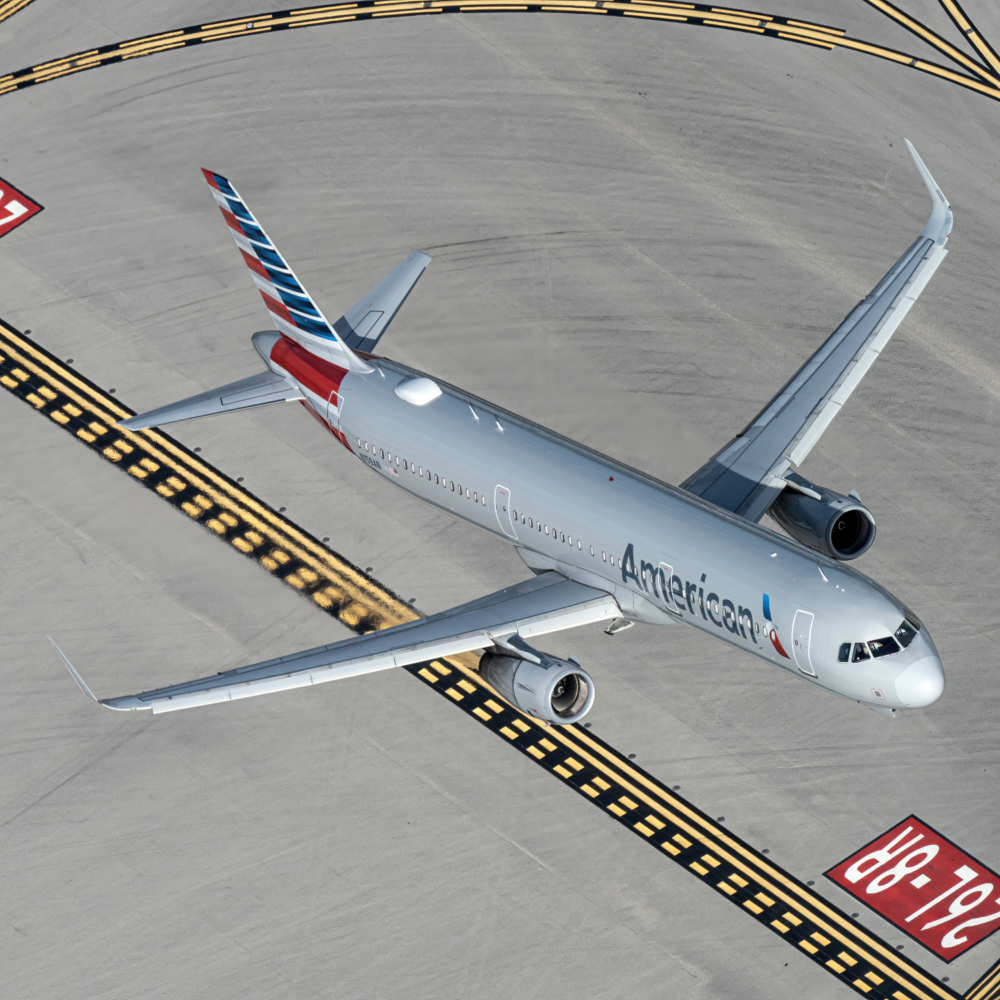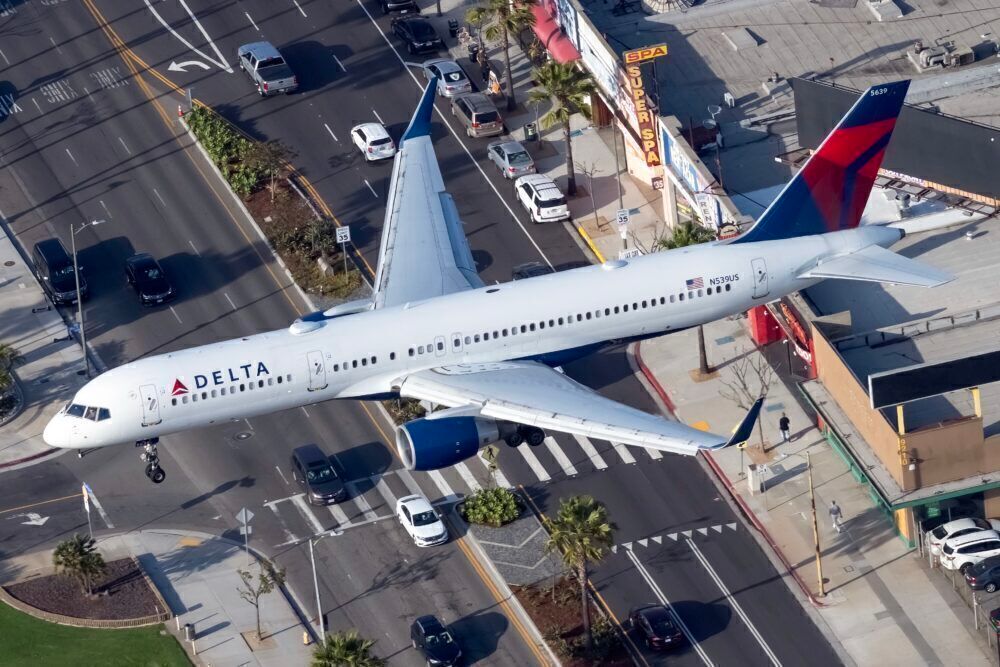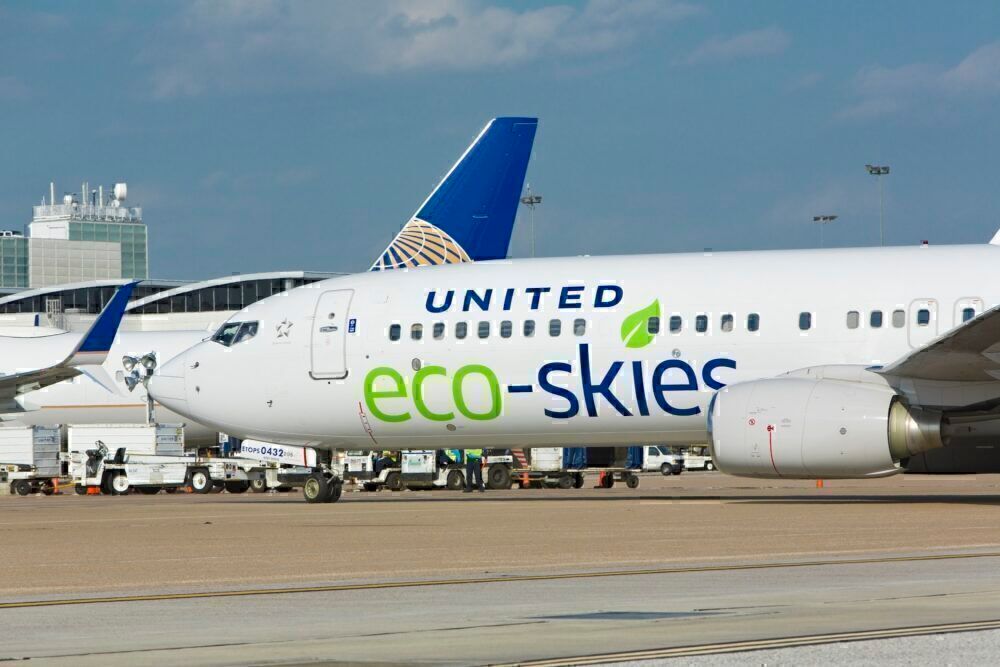A US House of Representatives subcommittee met with biofuel and aviation industry representatives this week to discuss sustainable aviation fuel. The meeting comes as President Biden pushes for a reduction in greenhouse gas and carbon emissions to counteract the impact of climate change. Let's find out more about the industry's plans.
Reduce
According to Reuters, a US House panel met with biofuel and airline industry representatives yesterday to discuss more sustainable aviation fuel (SAF) or biofuels. Biofuels have become a topic of growing interest as countries push to reduce carbon emissions across industries.
The panel was looking to expand the availability of low carbon fuel sources and push airlines to adopt SAF. Currently, few airlines use any form of sustainable aviation fuels, relying exclusively on petroleum-based jet fuel. However, the US government is pushing hard to incentivize a switch to cleaner energy sources.
The government has a plan to increase use in the coming years. This will be through offering an expanded blender's tax credit for biofuels. Increased tax benefits will allow for more production and lower cost of these alternative fuel sources, giving airlines a stronger push to use them.
Stay informed: Sign up for our daily and weekly aviation news digests.
Coming soon
With the current administration turning its eye towards environmental goals, there has been a renewed push for the aviation industry to decarbonize. Globally, air travel accounts for 2% of greenhouse gas emissions. Cutting this figure will be crucial to meeting the lofty, but much-needed, goals set by President Biden.
But what exactly as sustainable aviation fuels? Put simply, biofuels are partially made from different kinds of wastes, animal fat, used cooking oil, plant oils, or just solid waste, to create usable jet fuel. Considering the source of such fuel is from waste products and not carbon-based, the environmental benefits of SAFs are huge.
At the hearing, Representative Rick Larsen, chairman of the panel, said,
"There's not a lot of SAF (sustainable aviation fuel) being used right now relative to the U.S. demand for aviation fuel writ large, but there's a lot coming online. The biggest effort from a policy point of view is to include the aviation fuel in the blender's tax credit."
Global shift
Indeed, the US is not the only country looking for more sustainable fuel solutions. Recently, IAG (the owner of British Airways, Iberia, and several others) set a goal for switching to 10% SAF usage by 2030. Meanwhile, the European Union has set a target a SAF target for all short-haul flights by the next decade.
Towards this goal, airlines have been flying biofuel test flights to prepare for an eventual transition. Japan Airlines, United, KLM, Air France, and dozens of others have flown commercial flights testing blended SAFs. However, expect to see a lot more sustainable fuel in aircraft in the coming years.
What do you think about the US' shift towards SAF? What more should airlines do to reduce their impact? Let us know in the comments!




